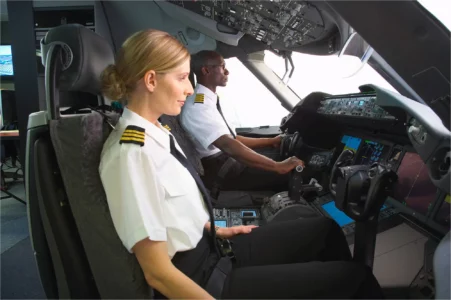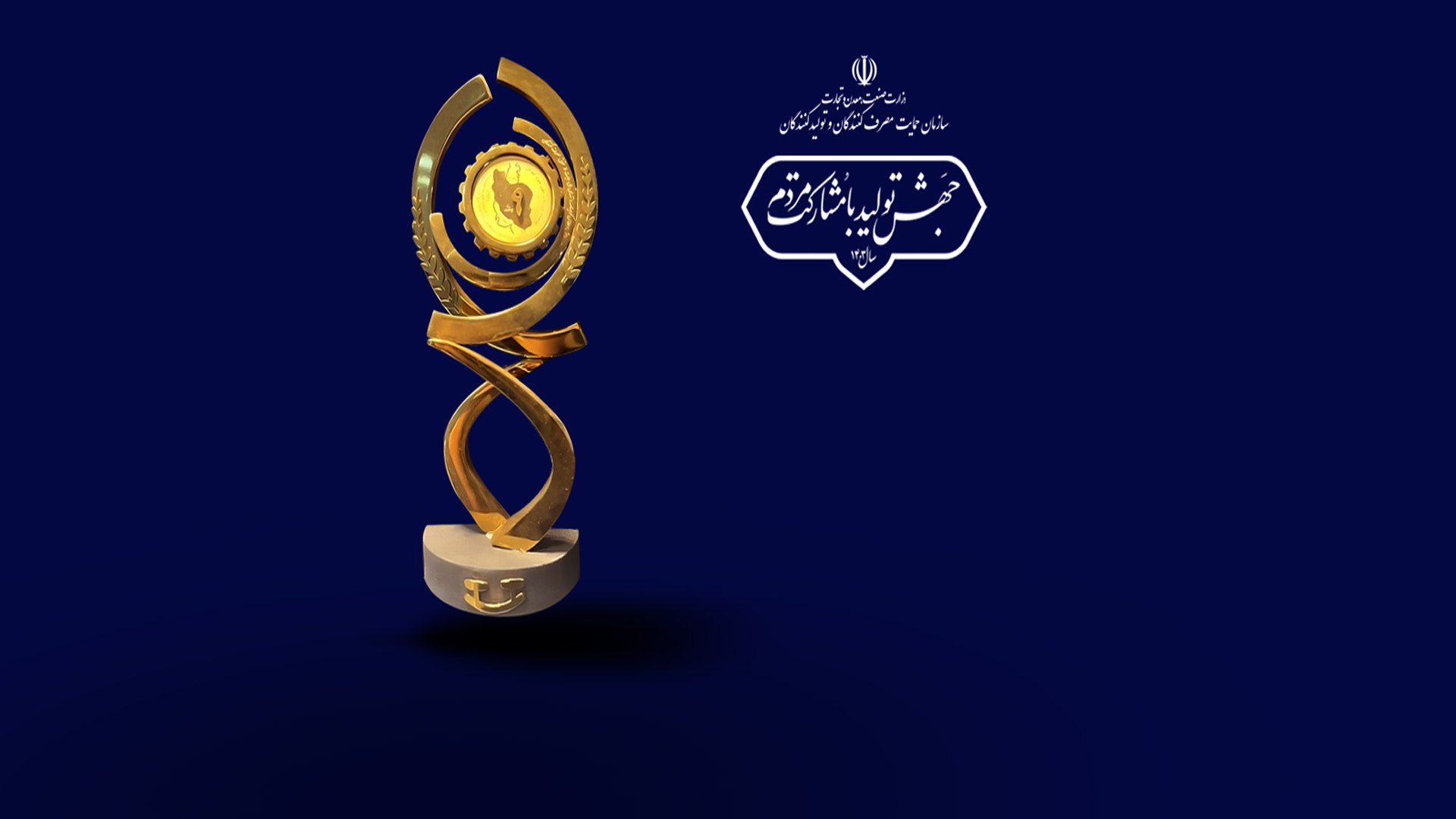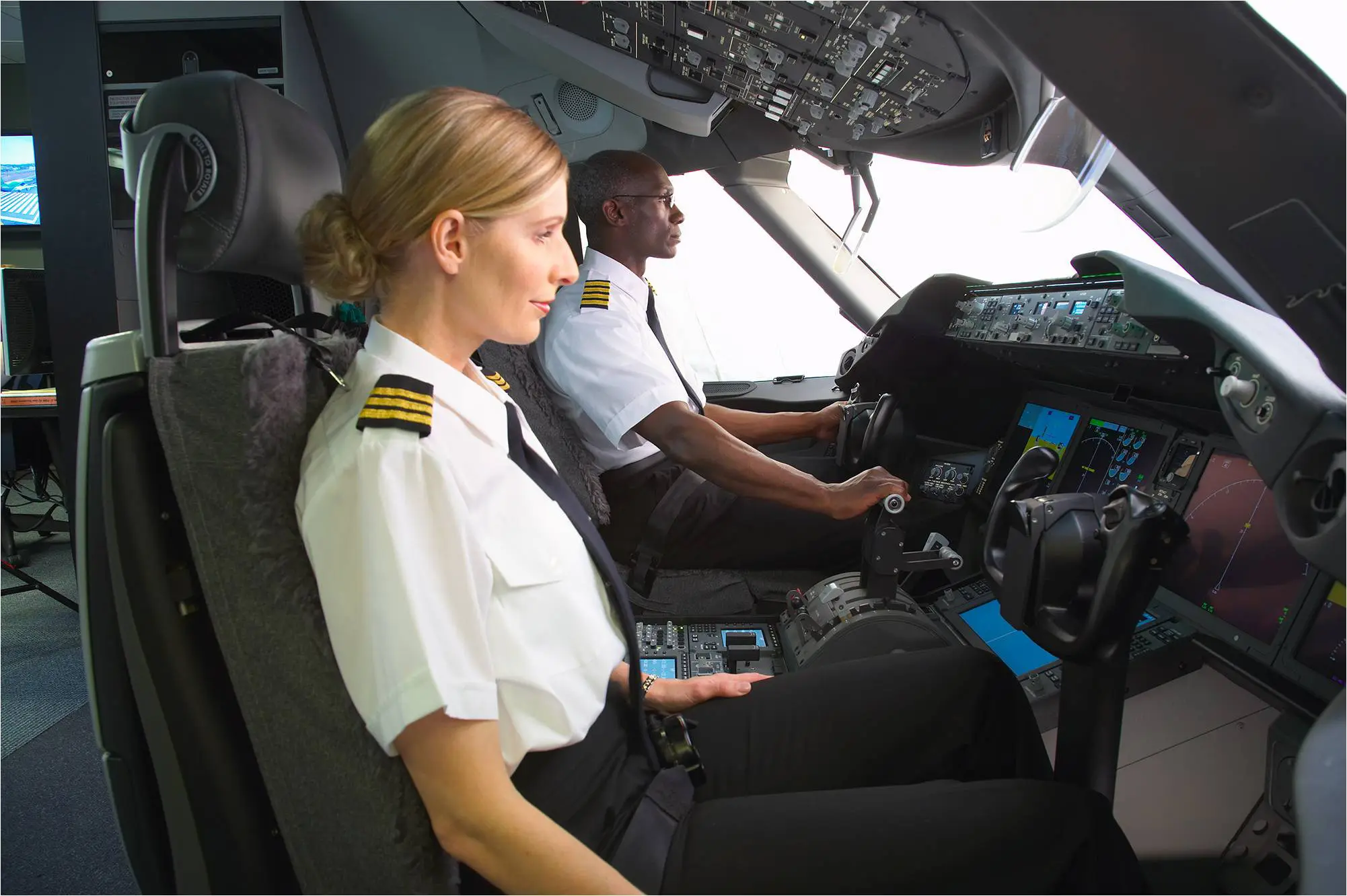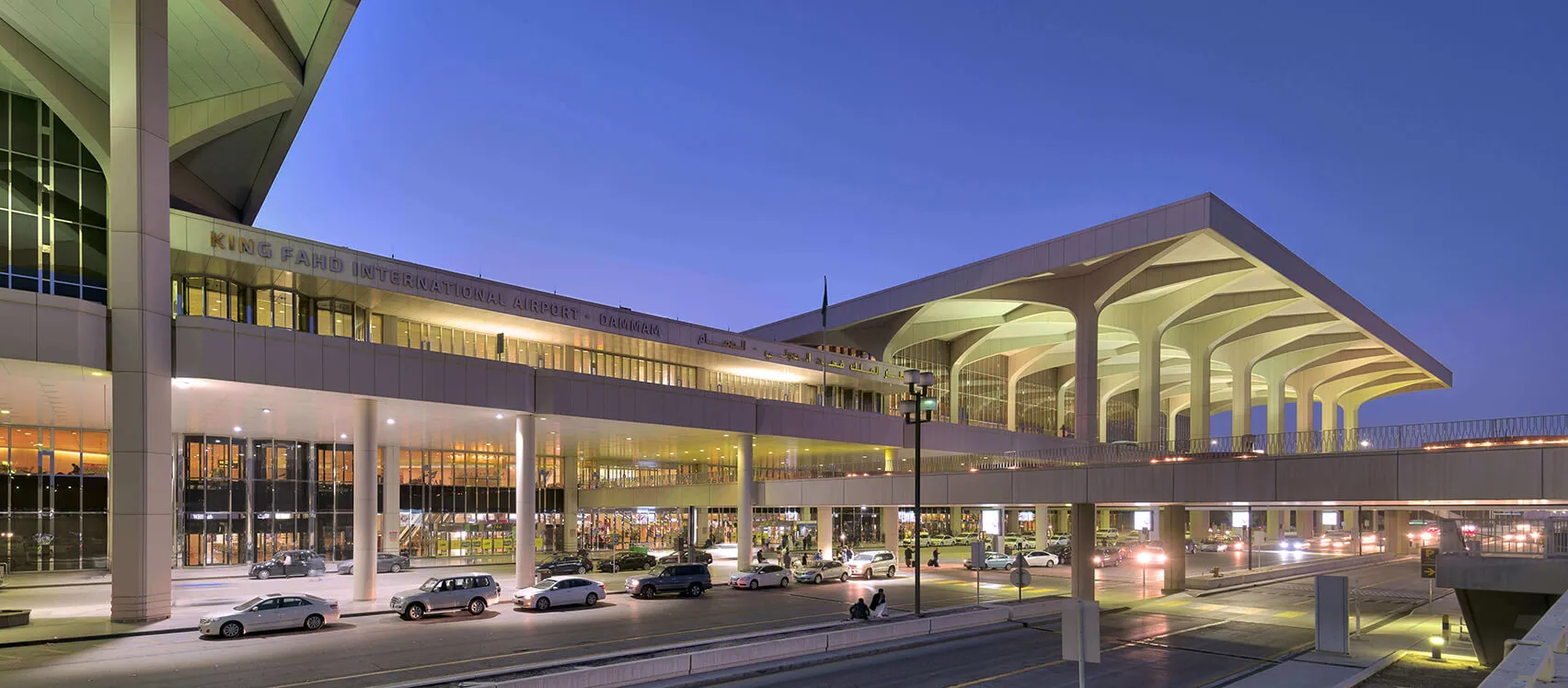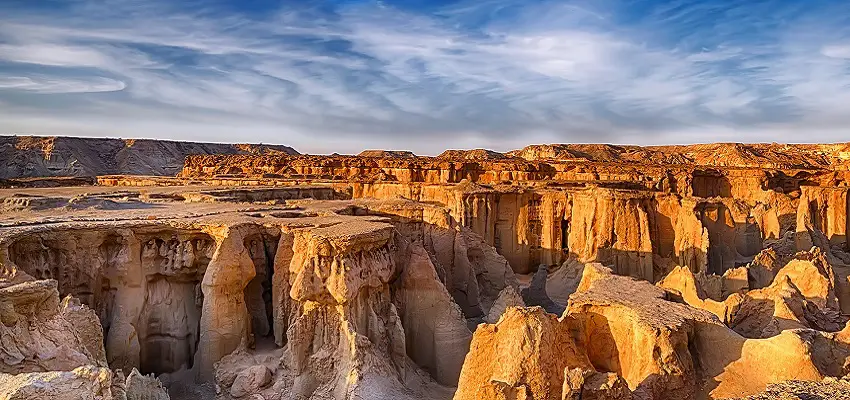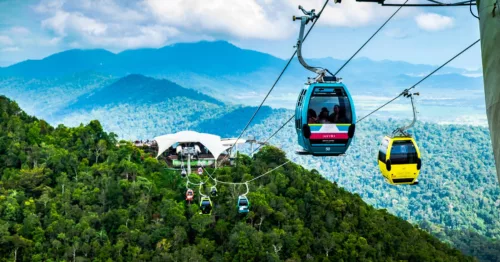Essential Items for the Arbaeen Walk, Especially for First-Time Pilgrims, include practical clothing, a reusable water bottle, comfortable footwear, basic toiletries, and any necessary medications to ensure a safe and comfortable journey.
Why is planning for the Arbaeen pilgrimage different from other trips? Traveling to the largest religious gathering in the world, held annually in Iraq, requires awareness of several factors such as: the date of the ceremony, the philosophy behind its formation, how to obtain a visa, the different ways of entering Iraq including through land borders or easier options like purchasing a Najaf flight ticket, and the essential items needed for the Arbaeen walk.
For those attending this ceremony for the first time, knowing key points and properly preparing travel essentials is very important. Mistakes in choosing what to bring, unawareness of the route conditions, or even a lack of simple yet necessary items, can lead to unexpected challenges. This guide has been prepared to make the Arbaeen pilgrimage easier and safer for everyone, especially first-time pilgrims. In this article, we will cover:
A complete checklist of essential items for Arbaeen pilgrims:
- Introduction to the Philosophy and Path of the Arbaeen Walk
- Essential Personal Items
- Necessary Hygiene and Medical Supplies
- Nutrition During the Walk
- Clothing and Weather Conditions
- Non-Essential Items: What Not to Bring
- Pilgrims’ Experiences: What Items Were Used the Most?
Introduction to the Philosophy and Path of the Arbaeen Walk
Since 2003, the Arbaeen walk has gradually formed as a grassroots and spontaneous movement and has become established.
Pilgrims on this path do not just visit the shrine of Imam Hussein (peace be upon him); with each step, they revive the memory of the loyal companions of Karbala and prove to the world a message of resistance against oppression.
Alongside the motivation and excitement of the Arbaeen walk, knowing the route and atmosphere of the journey is also essential.
The main route of the Arbaeen walk is from the holy city of Najaf to the city of Karbala, a distance of approximately 80 kilometers that most pilgrims cover on foot over 2 to 4 days.
Along this route, thousands of volunteer-run Mawkebs provide services such as food, resting places, medical care, mobile charging, and even foot massages.
The overall atmosphere of the route is warm, calm, spiritual, and full of empathy.
The presence of families, women, the elderly, and even pilgrims from various countries shows that Arbaeen is not just a religious ceremony but a global movement to revive the message of Karbala.
Essential Personal Items for the Arbaeen walk
One of the most important issues that a pilgrim should pay attention to is choosing the right items to bring. Carrying essential items without extra weight is the key to a light and hassle-free journey. Items like identification documents, proper footwear, comfortable and layered clothing, a waist pouch or small backpack, a personal cup and spoon, a charger, and a power bank are among the items whose absence can cause problems.
On the other hand, items like too many extra clothes, books, or heavy snacks only add unnecessary weight and are usually not used.
| Category | Items & Description |
|---|---|
| Clothing | Comfortable walking shoes, slippers, several pairs of socks, lightweight clothing, chafiyeh (scarf) for covering the face and protecting from sunburn |
| Sleeping | Clean sheet, plastic bag for dirty clothes |
| Hygiene | Wet wipes, tissue paper, hand sanitizer gel, personal medications, adhesive bandages |
| Electronics | Power bank, charging cable |
| Nutrition | Water bottle or flask, light snacks such as dates or nuts |
| Miscellaneous | Comfortable backpack, notebook and pen, pocket-sized Quran or book, sunglasses, sunscreen |
Essential hygiene and medical items for the Arbaeen walk
Due to the long walking distance, weather changes, shared restrooms, and crowded areas during the Arbaeen walk, maintaining personal hygiene is highly important.
Bringing personal hygiene items helps maintain your health also contributes to the overall health of the route.
Suggested items:
- Mask, hand sanitizer, tissue, and wet wipes
- Small soap or pocket-sized liquid handwash
- Essential medicines such as painkillers, anti-diarrheal, anti-nausea, adhesive bandages, and bandages
- Specific medications (if you have any chronic conditions)
- Anti-blister ointment or foot cream to prevent foot wounds
Nutrition during the walk
One of the unique features of the Arbaeen walk is the presence of Mawkebs, who provide pilgrims with free food, drinks, and snacks.
These offerings usually include simple, warm, and healthy meals.
However, it is recommended to carry some light and hygienic snacks, especially for times when food is not readily available or when your body needs quick energy.
Suggested items:
- Biscuits, dates, nuts (almonds, walnuts, peanuts), dark chocolate
- A small, lightweight water bottle
- ORS powder and salt to prevent dehydration or low blood pressure
- Personal spoon and cup (for hygiene purposes)
Clothing and weather conditions
The weather conditions during Arbaeen can vary greatly: cool in the mornings, hot at noon, and sometimes cold at night. Therefore, choosing appropriate, layered, and comfortable clothing plays an important role in reducing fatigue and preventing illness. Wearing inappropriate clothing can lead to excessive sweating, colds, or sunburn.
Clothing suggestions:
- Comfortable, lightweight, and preferably broken-in walking shoes
- Cotton socks, preferably anti-blister
- Lightweight and comfortable pants (preferably with many pockets)
- Long-sleeved cotton shirts for sun protection
- Chafiyeh (scarf) or neck cloth to protect against dust and sun
- A brimmed hat or visor
- Lightweight raincoat or poncho for rainy days
- Windbreaker or warm clothing for the nights
Unnecessary items: What not to bring?
One of the common mistakes among pilgrims, especially first-timers, is bringing too many unnecessary items. The lighter your backpack, the easier and more comfortable your journey will be. Some items may seem necessary at first glance, but in practice, they are either unused or easily accessible along the route.
| Item | Reason for Being Unnecessary |
|---|---|
| Wheeled suitcase | Difficult to carry on dusty, crowded, and uneven roads. A backpack is a much smarter choice. |
| Too many clothes | One or two sets of lightweight clothing are enough, as washing facilities are available in the moukebs. |
| Large book or notebook | The fatigue of walking and conditions in moukebs reduce the chances of focusing on reading or taking notes. |
| Food container or pot | Meals are served ready-to-eat at the moukebs, so there’s no need to bring cooking utensils. |
| Heavy or perishable food | Due to constant food offerings along the way, perishable food is likely to go unused. |
| Slippers | If wearing comfortable walking shoes, slippers may not be necessary—this depends on personal preference. |
Pilgrims’ experiences: What items were used the most?
Learning from the experience of others is always a good way to prepare better.
Experienced pilgrims usually travel with fewer but more practical items and have learned from past mistakes.
Here are some items that, based on pilgrims’ experiences, were used the most during the walk:
Most-used items (based on pilgrims’ experience):
Comfortable walking shoes: the foundation of the journey. No new shoes! A well-worn pair is the best choice.
Lightweight personal cup: essential in Mawkebs for tea or other drinks.
Wet wipes and hand sanitizer: hygienic and highly useful, especially in roadside Mawkebs.
Lightweight power bank: a lifesaver for your phone during long hours without access to electricity.
Chafiyeh or cotton scarf: very practical for protection against dust and sun.
Lightweight slippers or sandals: essential for resting the feet in Mawkebs.
Quotes from pilgrims:
“I brought a bunch of stuff the first year, and didn’t even use half of it. The next year, I just took a small backpack and good shoes — I was way more comfortable.”
“What saved me? A pack of wet wipes! You wouldn’t believe how much I needed it.”
Conclusion
The Arbaeen walk is a grand and unique ritual that embodies love, patience, faith, and movement. This journey is not merely a physical trek, but a rare opportunity for spiritual purification, strengthening one’s emotional connection with the Ahl al-Bayt (peace be upon them), and reevaluating human values. What makes this path easier and more meaningful for pilgrims is prior preparation, carrying essential items, avoiding excess baggage, and, more importantly, having a calm mind and an open heart.
Undoubtedly, every step taken on the Arbaeen path is not just a move toward Karbala, but a step toward self-awareness, inner growth, and a deeper connection with the truth of Ashura.


 Reading suggestion: Prohibited Medications for Arbaeen Pilgrims
Reading suggestion: Prohibited Medications for Arbaeen Pilgrims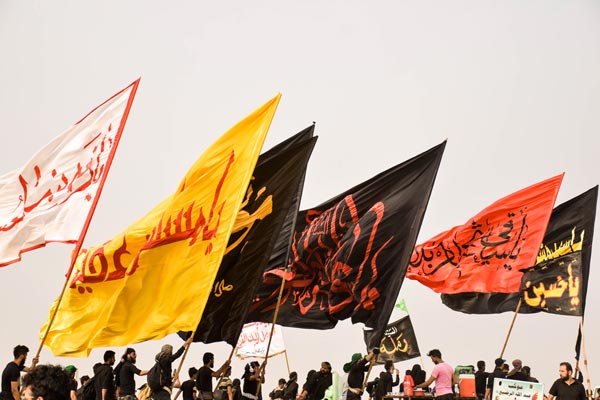 Reading suggestion: Arbaeen March
Reading suggestion: Arbaeen March